Coffee culture has exploded worldwide, with certain destinations earning mythical status among caffeine enthusiasts who plan entire vacations around supposedly exceptional brewing scenes. Marketing hype doesn’t always translate to memorable experiences, though, and some celebrated coffee capitals consistently deliver cups that taste more like expensive disappointment than liquid inspiration.
These cities built reputations that their actual coffee quality struggles to support, leaving visitors wondering whether they missed something crucial. Here’s a list of 15 coffee cities that frequently underwhelm despite their stellar reputations.
Paris
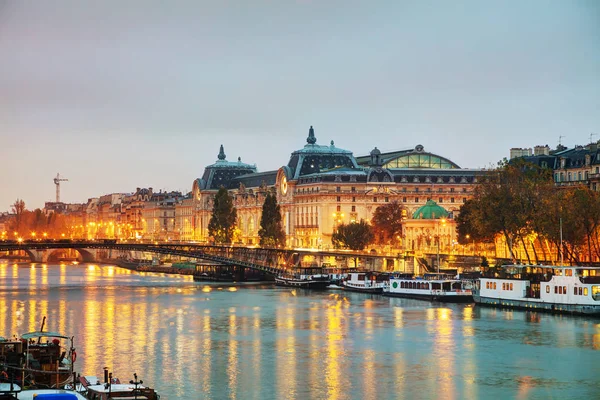
Parisian café culture prioritizes a romantic atmosphere over actual brewing quality, resulting in espresso that tastes like it was extracted from beans Napoleon’s army left behind. Most establishments focus more on charging tourists premium rates for sidewalk seating than on investing in proper equipment or barista training.
The city’s coffee reputation rests entirely on ambiance while ignoring the fundamental requirement that coffee should taste good. Locals prefer wine for excellent reasons that become obvious after experiencing typical Parisian coffee preparation.
Rome
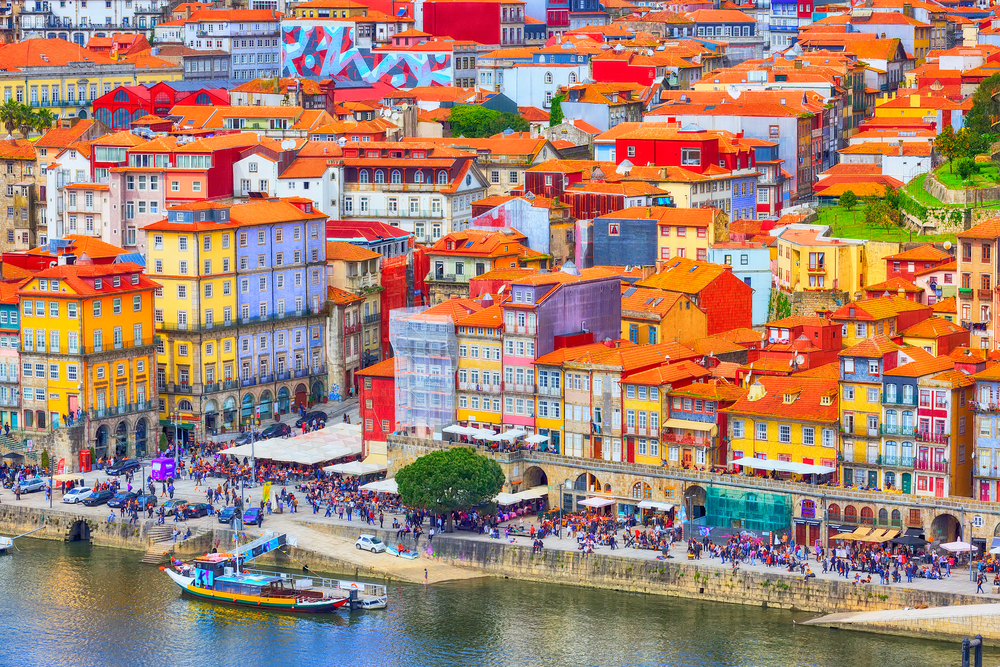
Roman coffee culture emphasizes speed over quality, with most bars serving espresso that assaults taste buds with harsh acidity rather than the smooth richness Italy’s reputation suggests. The preference for extremely dark roasts burns away any nuanced flavors, creating uniformly bitter drinks that taste more like punishment than pleasure.
Most establishments treat coffee as a rapid transaction rather than a craft experience, despite Italy’s global reputation for exceptional coffee culture. The famous ‘Roman shot’ often tastes like liquid charcoal dressed up with marketing mythology.
Like Travel Pug’s content? Follow us on MSN.
Vienna
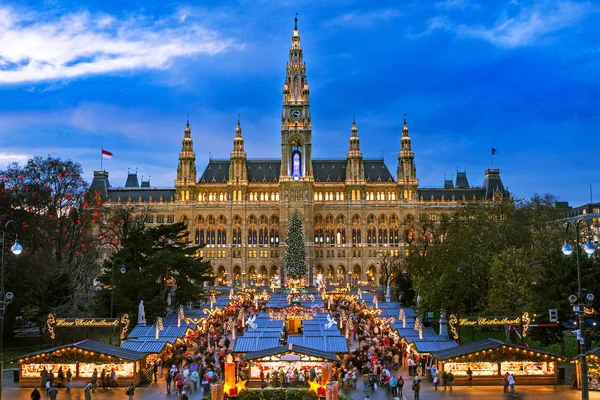
Viennese coffee houses cling to tradition while neglecting taste, serving coffee that probably wasn’t impressive even during the Habsburg empire’s height. These historically significant establishments prioritize maintaining a period atmosphere while completely ignoring equipment maintenance and bean quality standards.
Most Viennese coffee tastes stale and weak, as though it was brewed from supplies that lost their potency sometime during the 19th century. Elaborate preparations and ornate settings can’t disguise the fundamental problem that the underlying beverage simply doesn’t deliver acceptable flavor.
London
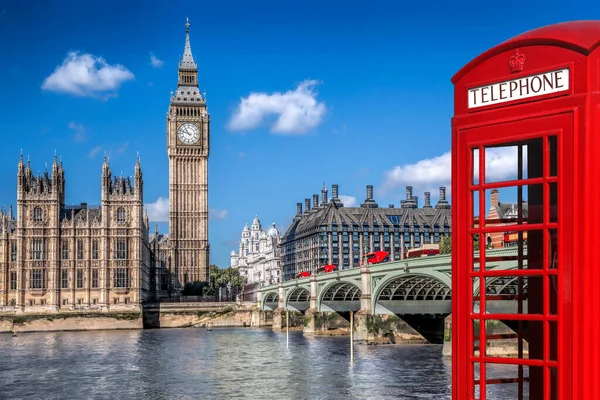
London’s specialty coffee explosion has created inconsistency rather than excellence, with many acclaimed shops serving drinks that taste more pretentious than genuinely satisfying. The city’s coffee culture often prioritizes Instagram-worthy presentations over fundamental brewing techniques that improve taste.
Many establishments charge premium rates for coffee that tastes identical to chain store offerings, though served with significantly more attitude and explanation. The British tendency toward over-complication has infected coffee culture, creating elaborate preparations that frequently taste worse than straightforward methods.
Amsterdam

Amsterdam’s coffee shops focus primarily on recreational activities other than coffee, leaving visitors disappointed when they actually want decent caffeinated beverages. The city’s coffee reputation is largely built on establishments that treat brewing as an afterthought rather than their primary expertise. Most Amsterdam coffee tastes weak and poorly extracted, suggesting baristas learned techniques from outdated manuals rather than proper training programs.
The laid-back atmosphere, unfortunately, extends to preparation standards, resulting in consistently underwhelming experiences for serious coffee drinkers.
Like Travel Pug’s content? Follow us on MSN.
San Francisco
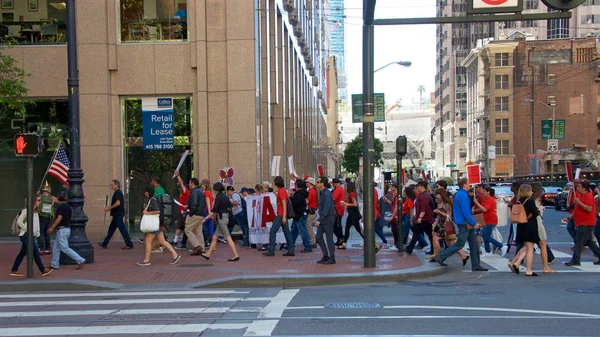
Tech-influenced coffee culture has created an environment where expensive equipment and overcomplicated brewing methods frequently produce inferior results compared to simpler approaches. The city’s coffee shops often prioritize appearing innovative over actually brewing better-tasting coffee, resulting in cups that resemble science experiments more than beverages.
Many establishments charge Silicon Valley prices for coffee that doesn’t justify premium rates, though accompanied by extensive explanations about supposedly unique processes. The obsession with optimization has somehow optimized flavor completely out of the final product.
New York City
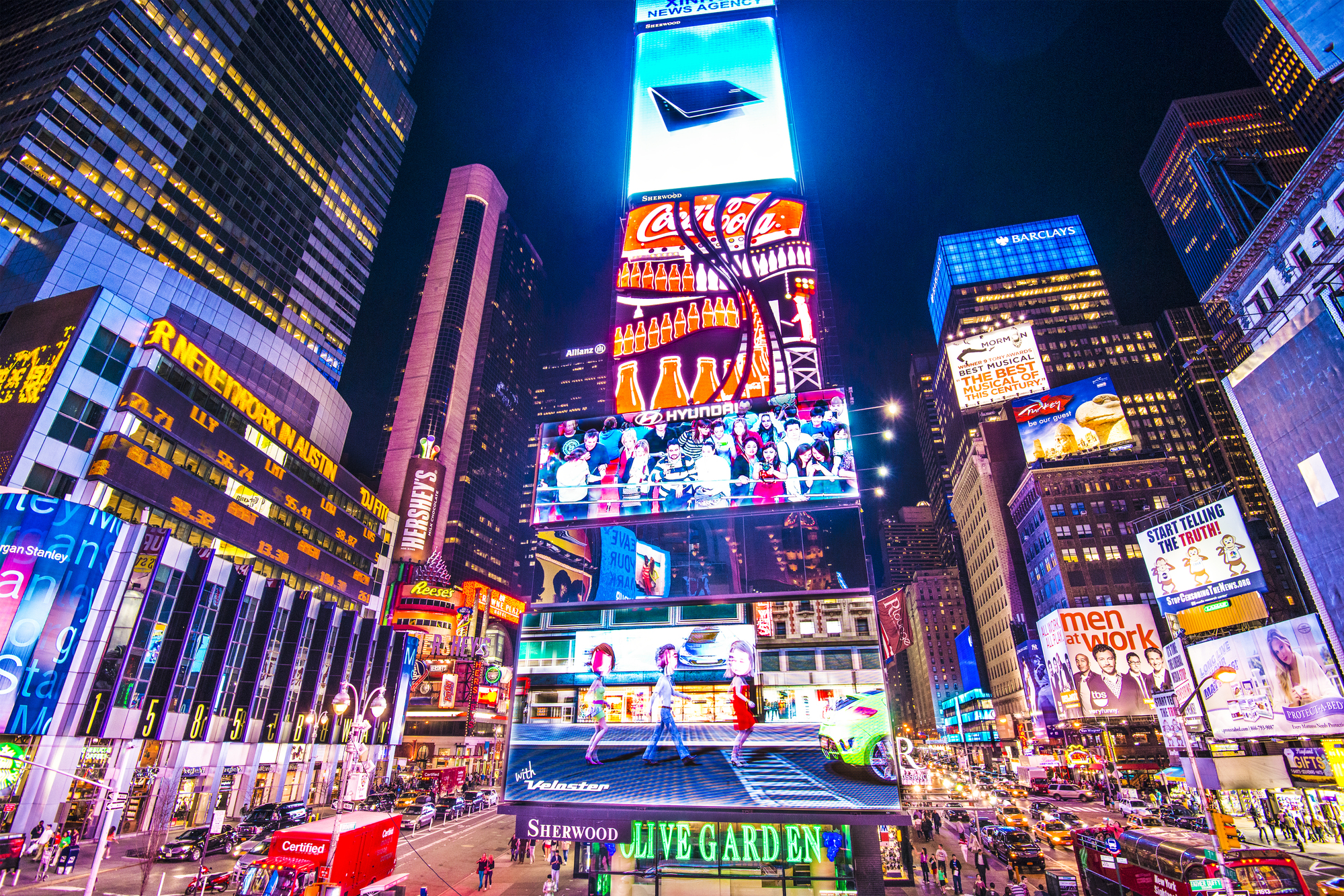
New York’s coffee scene suffers from the same problems plaguing its pizza — excessive hype without corresponding substance behind the aggressive marketing campaigns. The city’s relentless pace often results in rushed preparation that creates harsh, over-extracted drinks rather than smooth, enjoyable beverages.
Many acclaimed NYC coffee shops serve drinks indistinguishable from chain store offerings, though charged at Manhattan real estate prices. Speed and volume take priority over quality, creating consistently disappointing experiences for visitors expecting something genuinely special.
Los Angeles
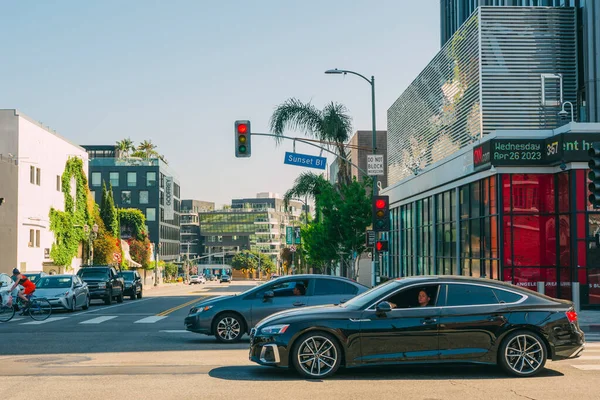
LA coffee culture focuses more on creating photogenic experiences than brewing exceptional coffee, with many shops prioritizing aesthetic appeal over taste development. The city’s health-conscious culture has led to preparations that remove many elements that make coffee enjoyable in the first place.
Most LA establishments serve drinks that taste like expensive health supplements rather than beverages designed for actual enjoyment. The tendency to reinvent everything has resulted in coffee that’s been ‘improved’ to the point of tasting significantly worse than traditional preparations.
Like Travel Pug’s content? Follow us on MSN.
Boston
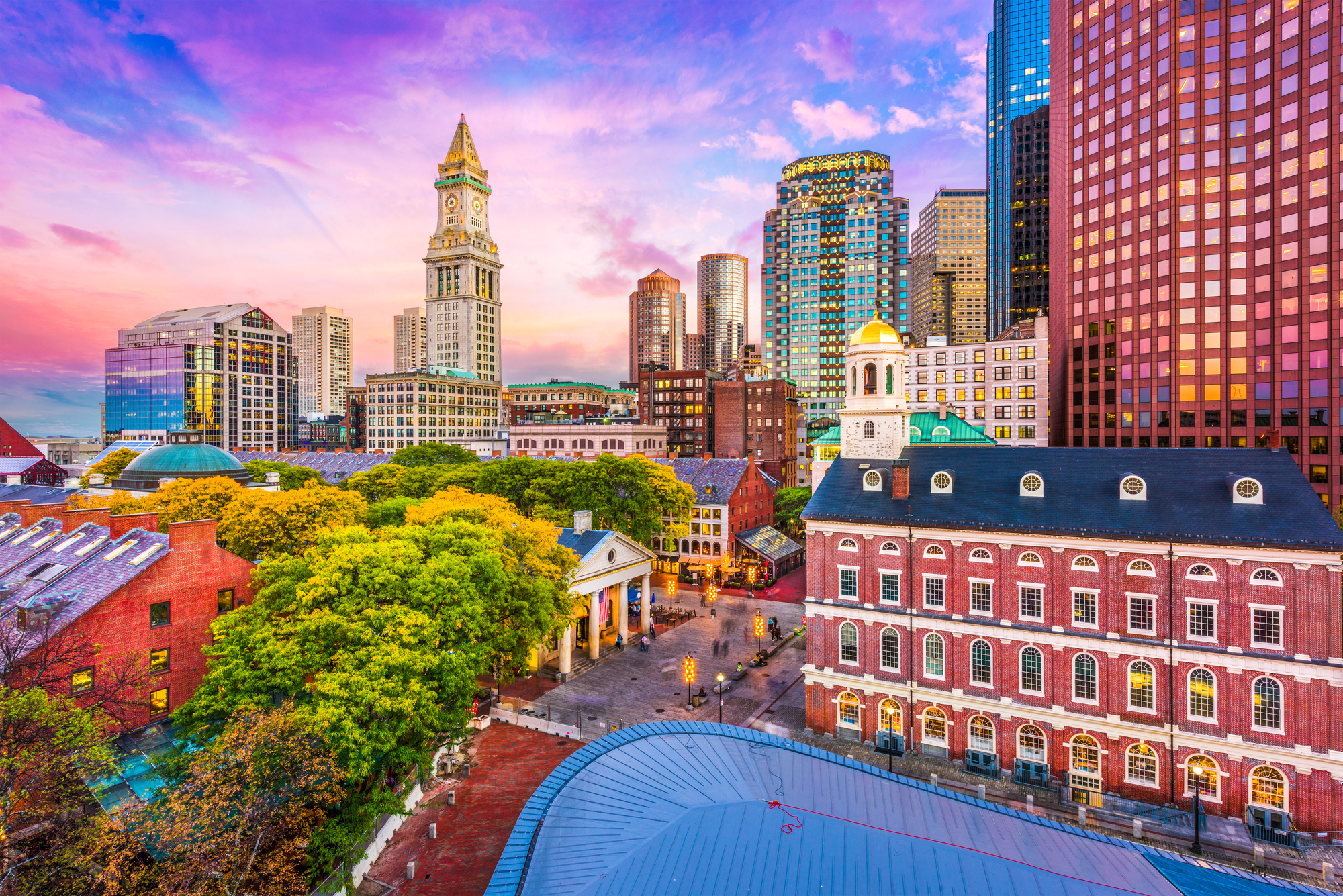
Boston’s coffee culture remains frozen in time, with many establishments serving coffee that tastes like it was brewed using colonial-era techniques and equipment. The city’s resistance to change has prevented most shops from adopting modern methods that could dramatically improve their consistently mediocre offerings.
Many Boston coffee shops seem convinced that tradition automatically equals quality, resulting in historically accurate but not particularly pleasant beverages. The academic atmosphere has created a coffee culture that’s more theoretical than practical or enjoyable.
Miami

Miami coffee culture prioritizes social media presence over brewing quality, with many establishments serving drinks that photograph better than they taste. The city’s focus on nightlife and entertainment has created shops that treat coffee as secondary rather than their primary concern or expertise.
Most Miami coffee tastes over-sweetened and weak, designed for people who don’t enjoy coffee’s natural characteristics. Style consistently trumps substance, resulting in drinks that generate likes rather than genuine satisfaction.
Chicago
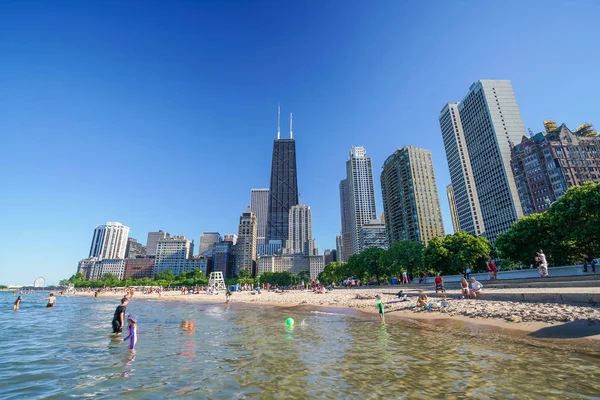
Chicago’s coffee culture suffers from the city’s tendency to overcomplicate straightforward processes, resulting in preparations that taste worse than simple brewing methods. Harsh winters have created shops prioritizing warm environments over quality beverage preparation, misunderstanding what customers actually want from coffee experiences.
Many Chicago establishments serve coffee tasting bitter and harsh, as though weather patterns have somehow infected the beans’ flavor profiles. Working-class roots have created a culture that treats coffee as fuel rather than something deserving of appreciation and enjoyment.
Like Travel Pug’s content? Follow us on MSN.
Portland
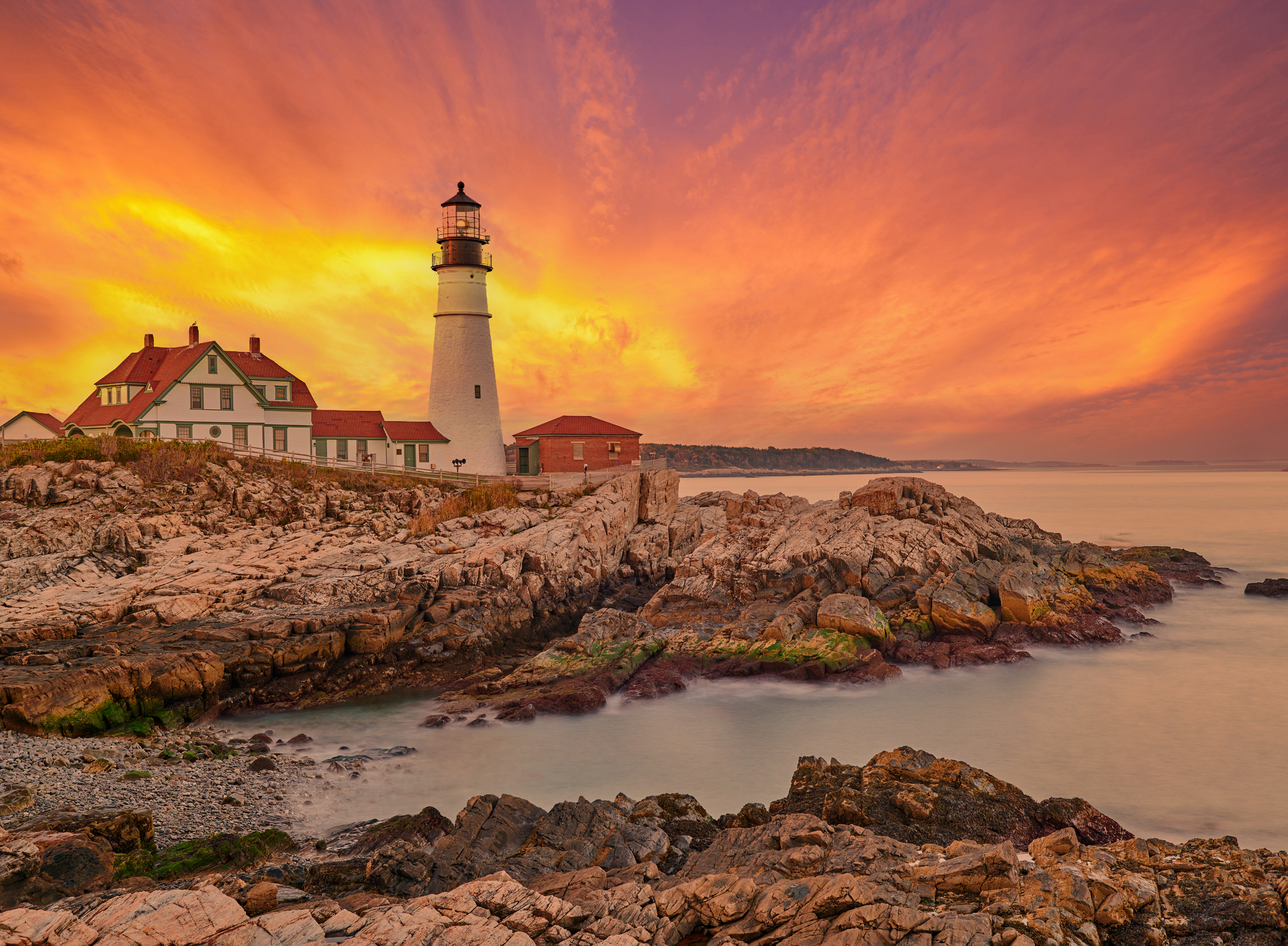
Portland’s coffee scene has become so focused on alternative uniqueness that many shops have forgotten the basic principles of brewing coffee that tastes good. Hipster influence has created preparations prioritizing difference over improvement, resulting in drinks that stand out for the wrong reasons.
Most Portland establishments serve beverages that taste more like artistic statements than drinks designed for human consumption and enjoyment. The emphasis on authenticity has produced coffee that’s authentically disappointing rather than authentically delicious.
Denver

Denver’s high altitude affects brewing in ways many local shops haven’t properly addressed, resulting in coffee that consistently tastes thin and under-extracted. Outdoor culture has created establishments seemingly more focused on fueling hiking expeditions than creating genuinely enjoyable drinking experiences.
Many Denver shops serve coffee tasting like it was designed purely for function rather than any consideration of pleasure or satisfaction. Laid-back attitudes, unfortunately, extend to preparation standards, creating reliably underwhelming results across the city’s coffee scene.
Austin
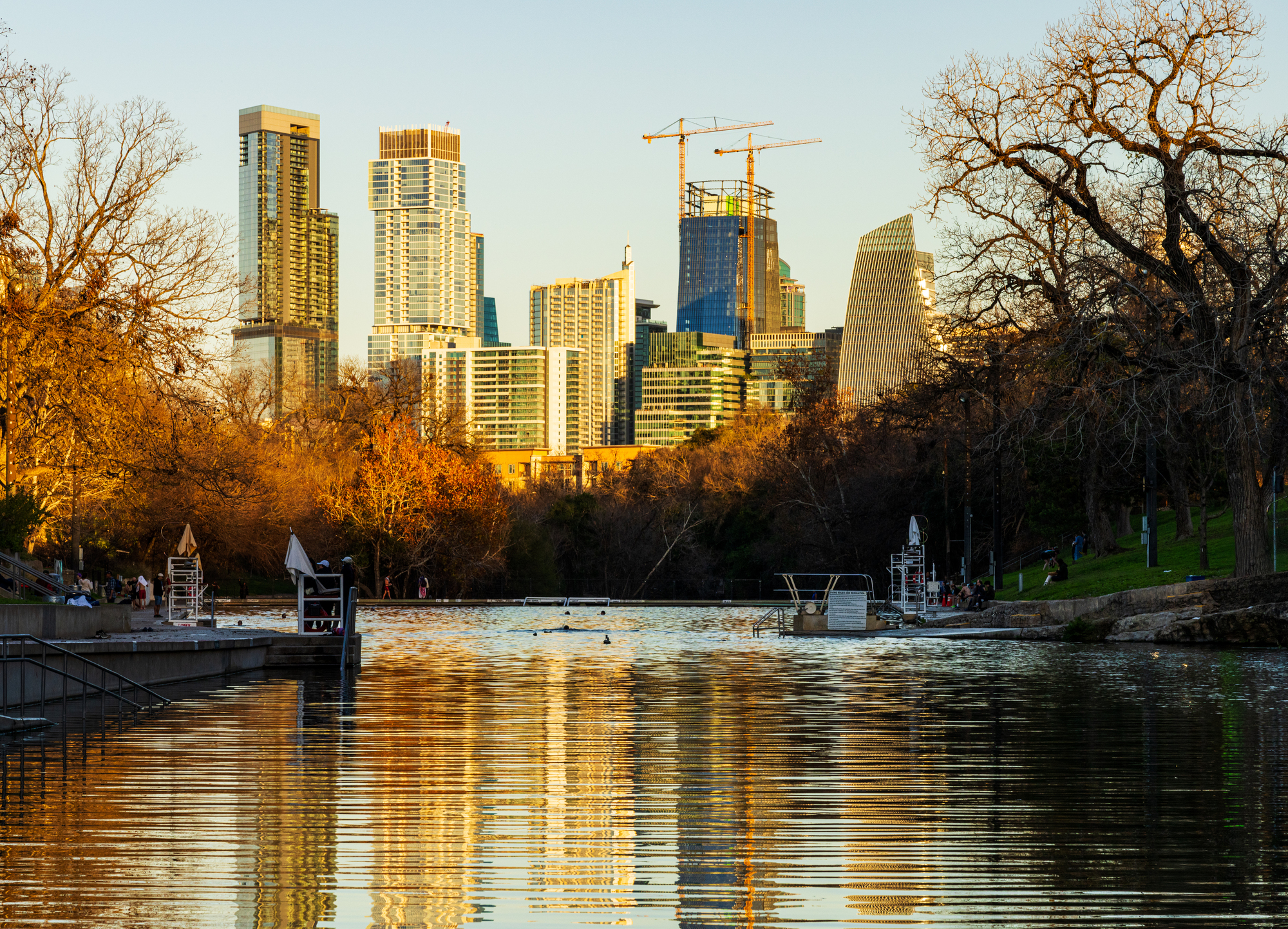
Austin’s rapid growth has overwhelmed coffee culture, with many establishments prioritizing quantity over quality to serve increasing populations rather than maintaining standards. The music scene has created shops treating coffee as background noise rather than the main performance, resulting in equally forgettable beverages.
Most Austin establishments serve generic, uninspired drinks that taste like they were designed by a committee rather than crafted by passionate professionals. The emphasis on keeping things weird has resulted in coffee that’s weird without necessarily being good or enjoyable.
Like Travel Pug’s content? Follow us on MSN.
Phoenix
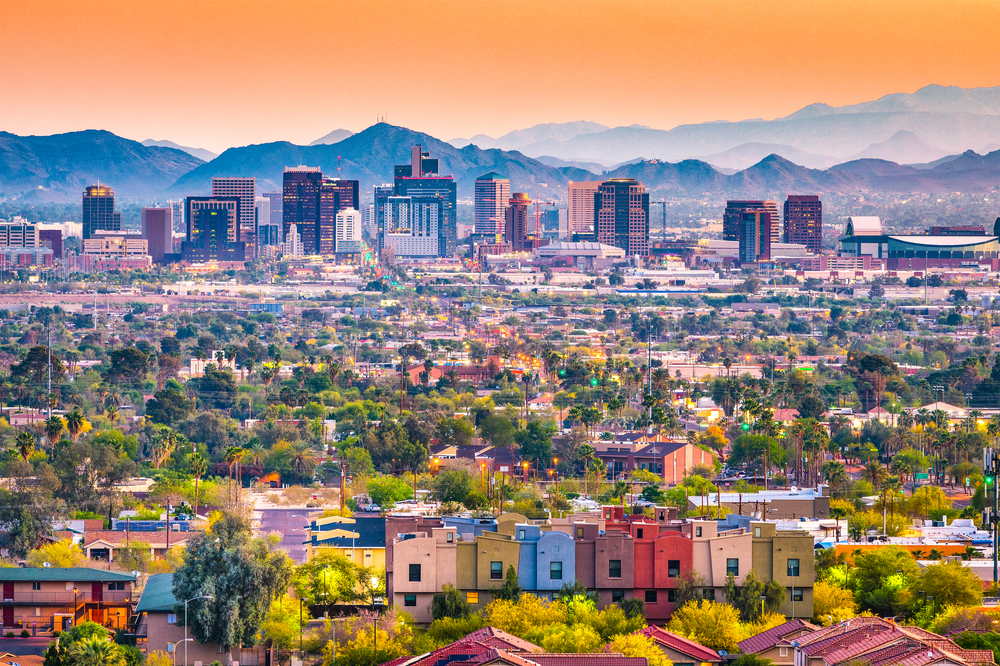
Phoenix’s extreme heat creates storage and brewing challenges that many local shops haven’t successfully solved, resulting in coffee that frequently tastes stale and over-roasted. The sprawling urban layout has prevented concentrated coffee culture development, leaving most establishments feeling isolated and inconsistent in their quality standards.
Many Phoenix shops serve drinks designed primarily to survive desert conditions rather than please human taste preferences. Climate survival has overshadowed efforts to create genuinely enjoyable coffee experiences worth seeking out.
Reality Check
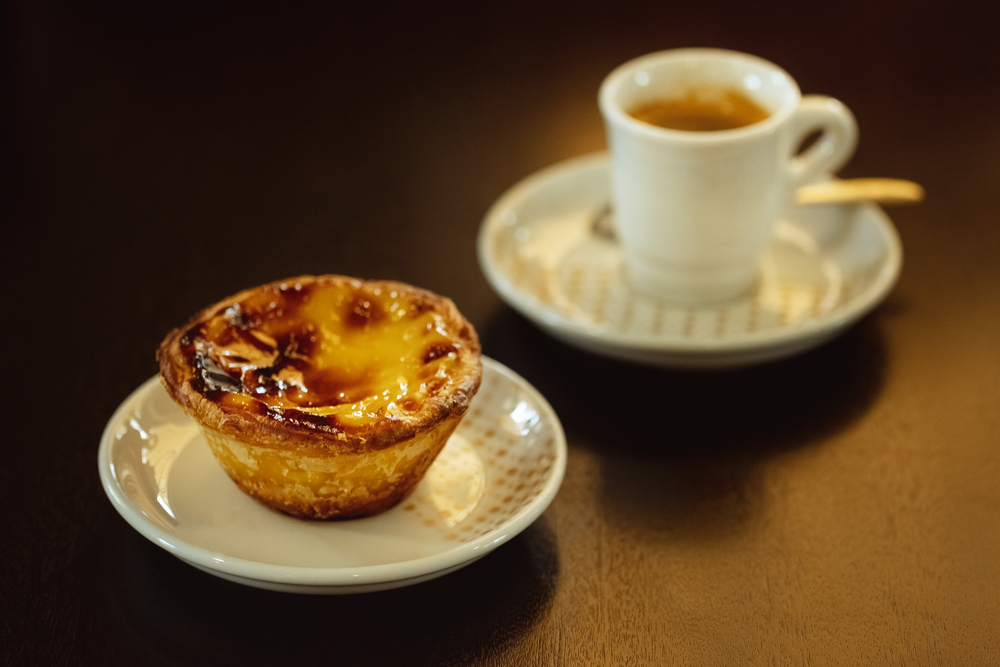
Coffee reputation and actual quality don’t necessarily correlate, particularly in cities where marketing has significantly outpaced genuine improvement efforts. These destinations offer other attractions worth experiencing, though travelers seeking exceptional coffee should research individual establishments rather than assuming entire cities live up to their caffeinated mythology.
Outstanding coffee typically comes from passionate individuals rather than geographic accidents, regardless of what travel publications might suggest.
More from Travel Pug

- 20 Best Beach Towns in the Carolinas
- 13 Destinations Where Tourists Regularly Regret Their Trip
- 20 Things You Actually Get in First Class
- 20 Small Airports With Aviation Museums
- 20 Places in the U.S. That Are Perfect for a Reset Trip
Like Travel Pug’s content? Follow us on MSN.
